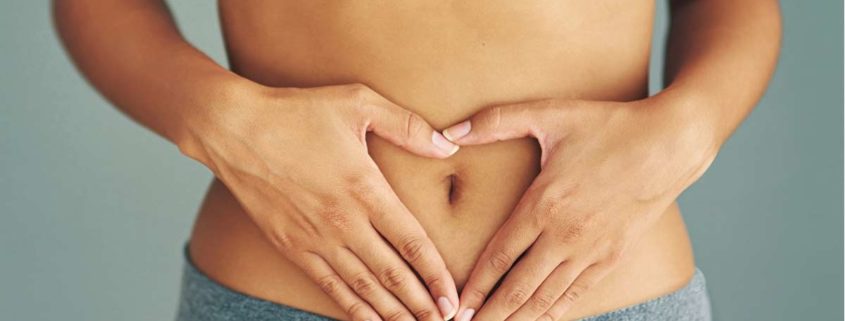Tips for early pregnancy
With the lovely news from Harry and Meghan, we thought we’d share with you some tips for getting through the first few months. Early pregnancy, especially the first time around, is a very exciting time but it is also easy for anxiety to creep in and many women can feel overwhelmed. The first few weeks of pregnancy can be exhausting on so many levels; emotionally, physically and mentally. No matter who you are you, Duchess or not, your emotions at this time will be the same and this is something I see on a daily basis. If you have never been pregnant before it’s a steep learning curve, and as a midwife there are many common questions I am asked in early pregnancy:
How do I know I’m still pregnant?
This can be a really emotional time, not just because of the hormones but all of the worries about whether it will be ok with the pregnancy, especially if you are older. Before you start showing in these early days it can be so hard to actually ‘feel’ pregnant. One day you experience nausea, the next day you don’t, and new hormones are kicking in that you have never experienced before making you emotionally fragile. The exhaustion you’ll feel in your first 12 weeks, especially having to work and adapt to the pregnancy without telling anybody can really take its toll. Even if Meghan doesn’t suffer as much as her sister-in-law, nausea affects 70% of women which can sap energy further.
I’m not eating as well as I should…
Eating a good diet can be hard in the beginning as you are getting used to what your body needs with when and what to eat. Sometimes it is not always the healthiest of choices with many women craving carbs where they have tried to avoid these foods before. Plus with nausea kicking in it can mean eating what you are able to to get through the first few weeks which is fine. This is why it’s so important to build up a good store of nutrients before you get pregnant.
I feel worried all of the time, can stress affect my baby?
While Meghan is no different biologically to any other pregnant woman, she does have the added pressure of getting through engagements and having the world watching her. Constant stress on a daily basis may affect your baby, so learning to manage stress in early pregnancy is key.
Tips for getting through first trimester
- Look at what’s going on in your life and what you can cut back on. If you work long hours, try to cut down here, and limit yourself to lots of commitments that can exhaust you.
- Make sure you have early nights where possible to build your reserves and get you through the next day.
- Accept that this this will only be for a couple of months and you’ll soon be feeling much better, give in to it where you can.
- Don’t have any alcohol or coffee in the first trimester.
- Eat little and often to keep your blood sugar balanced. In early pregnancy you need to tune in to what your body requires. Nausea and tiredness can be a vicious cycle: you feel sick so you don’t want to eat, but if you don’t eat then your blood sugar drops and nausea sets in. When it gets to this point it is hard to quell, so have snacks at hand throughout the day and I also encourage women to have something to eat just before bed to balance the blood sugar through the night. It’s a long time from dinner until breakfast which is why many women wake in the morning with nausea.
- You need carbohydrates for energy and the developing baby, but for so many women I see they have been used to cutting carbs out and are nervous about how they crave them in pregnancy.
- Deal with your stress early on. Chronic stress can be detrimental so make sure you manage this. The best way is to practice visualisation or meditation for 20 per day, but if your issues are greater then make sure you seek help through counselling.
- Take a multivitamin and mineral continuing folate, as well as omega 3. Many women worry in early pregnancy that they are not eating as well as they should, so top your nutrients up with supplements.
- Nurture yourself. In my experience this is the one time that women really feel they can pamper and nurture themselves. Rest whenever you feel you need to, get as much sleep as you can, and look after yourself from within.
- Don’t listen to any labour horror stories – concentrate on the positive and if anyone starts to tell you their story, ask if it’s positive, and if not, then continue that conversation post birth!






